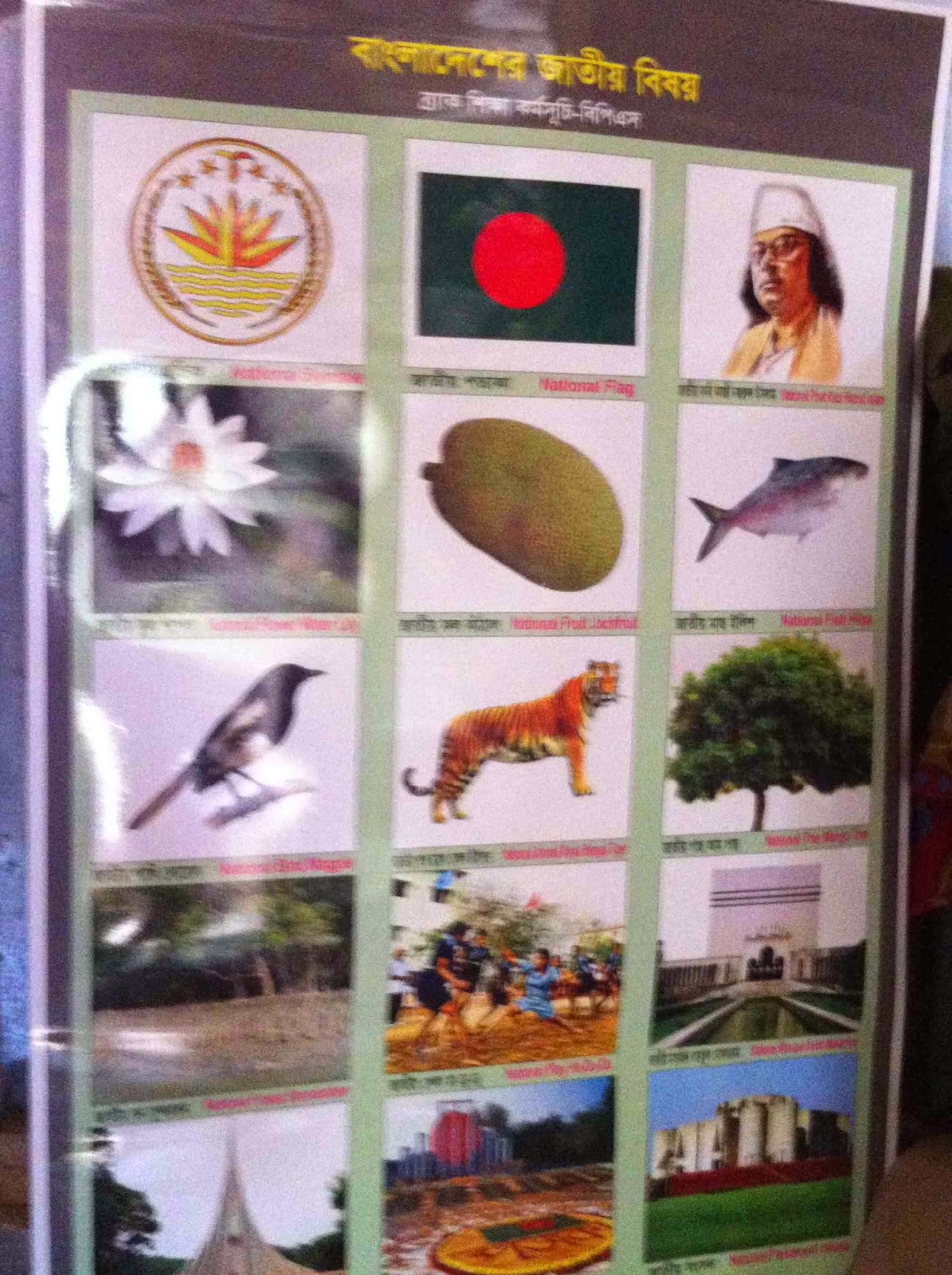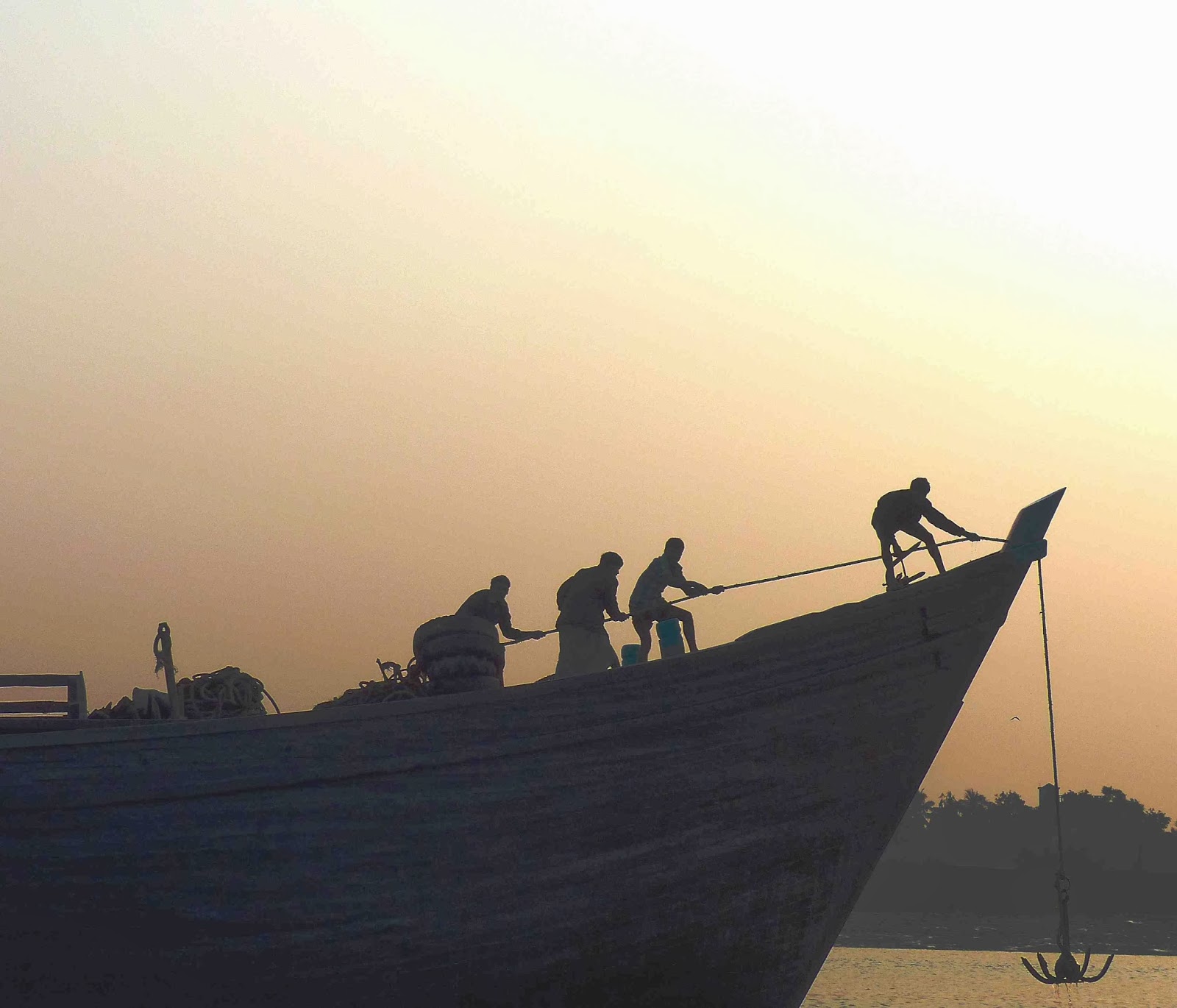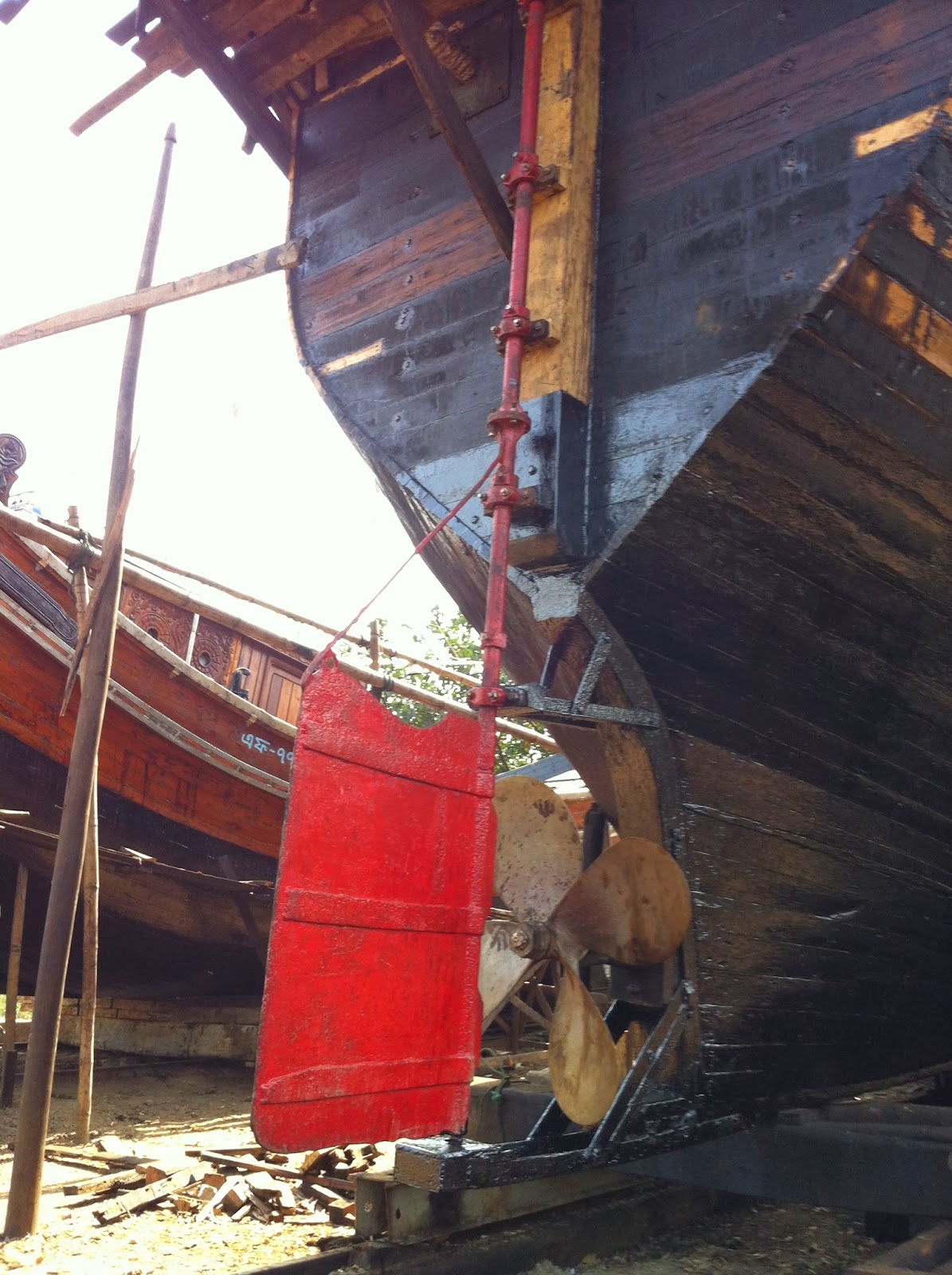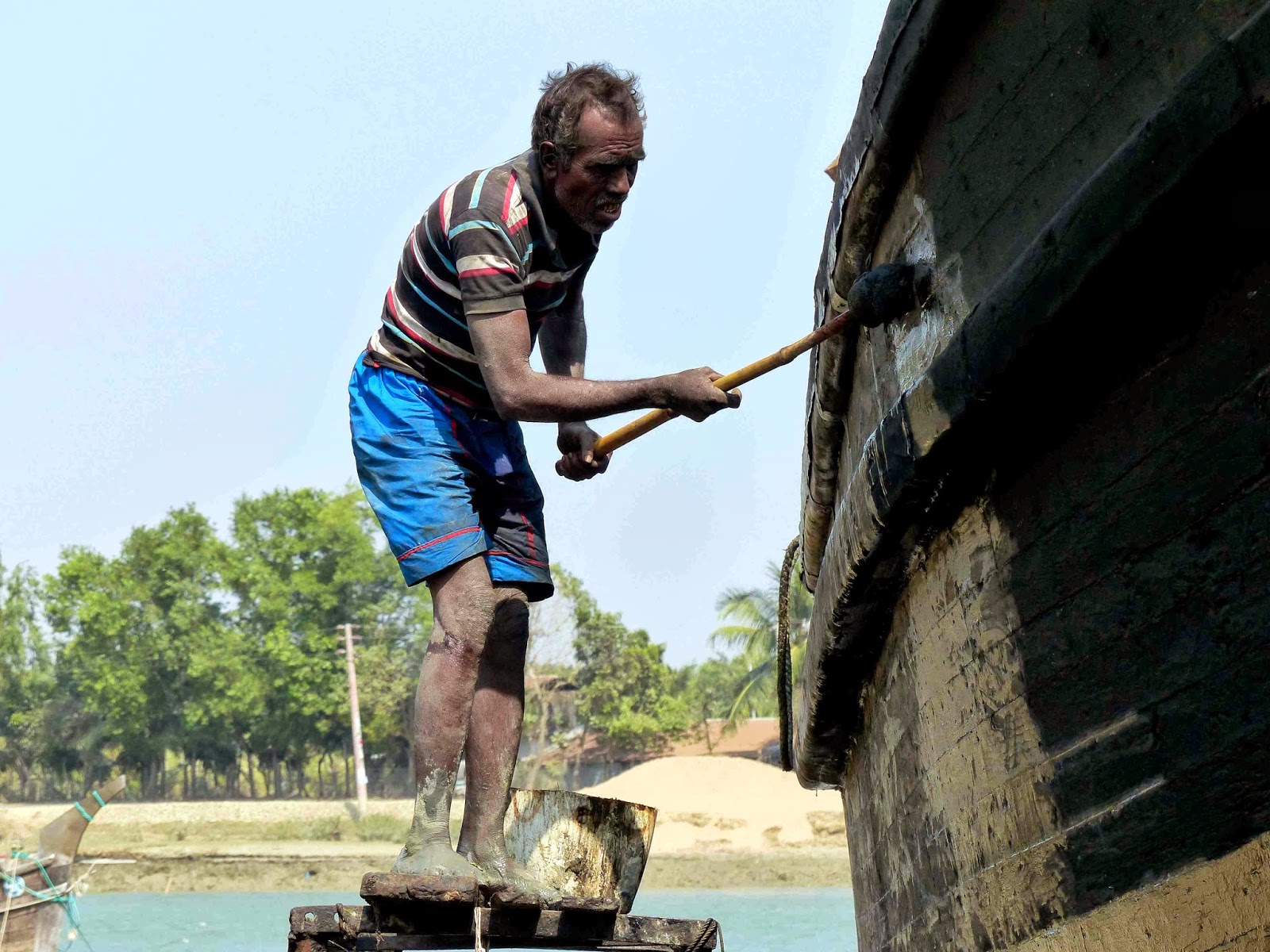On the 12th we were on more familiar ground, visiting a variety of BRAC WASH activities and schools. Looking at latrines - from various stages of the program, listening to school children sing songs
 |
| BRAC baseline survey document mapping village |
 |
| pilot project using composted human waste (safe) -the beans seems to be doing well |
 |
| ladies of the WASH committee |
 |
| army on high - keeping an eye on us and the village |
The reason why? this area was subject to mob violence back in 2012 and tensions are still high
http://en.wikipedia.org/wiki/2012_Ramu_violence
 |
| reconstructed Buddha |
 |
everyone was in their best clothes
|
 |
an adolescent activity group
|
Theatre show - songs and bawdy stereotypes used to get the message across that open defection is NOT ok, and that hand washing is essential
Lon put a whole series of the faces enjoying the show
facebook
Pre dawn the next morning we set off by speed boat to visit the island of Kutubdia. Luckily most of the one and a half hour journey was on smooth inland waterways, because the open sea parts of the voyage were hair raising, and hard work as our spines were jolted with each bounce on the waves.
Oyster Bank Project - the artificial oyster reef pilot hopes to help prevent coastal erosion and eventually provide some income to local fishermen.
 |
| facebook must be updated |
|
 |
| welcoming committee |
 |
this is what we have come to see
|
 |
| baby barnacles mostly, and some early oysters |
 |
| Carel's facebook pic of us all up to our knees in the mud |
 |
| great place to snooze |
 |
| attempted return to shore via fish market |
 |
much needed brunch
|
We had a little time to kill before our flight home, so went to visit a boat (sampan) repair yard that we had passed.
It's incredible how much is done by hand and using the most basic of tools and the workman's favourite - hitting things hard with a hammer. Once again we were amazed by the hospitality and ingenuity of Bangaladeshis who were happy to let us wander around taking photos of them working (no hard hats - no health and safety!)
As always we were pleased to be "home" again in Dhaka. I'm so grateful that I can accompany Lon sometimes into the field - it really brings home why we are here, which can be easy to lose sight of in the congestion and political tensions.






















































































